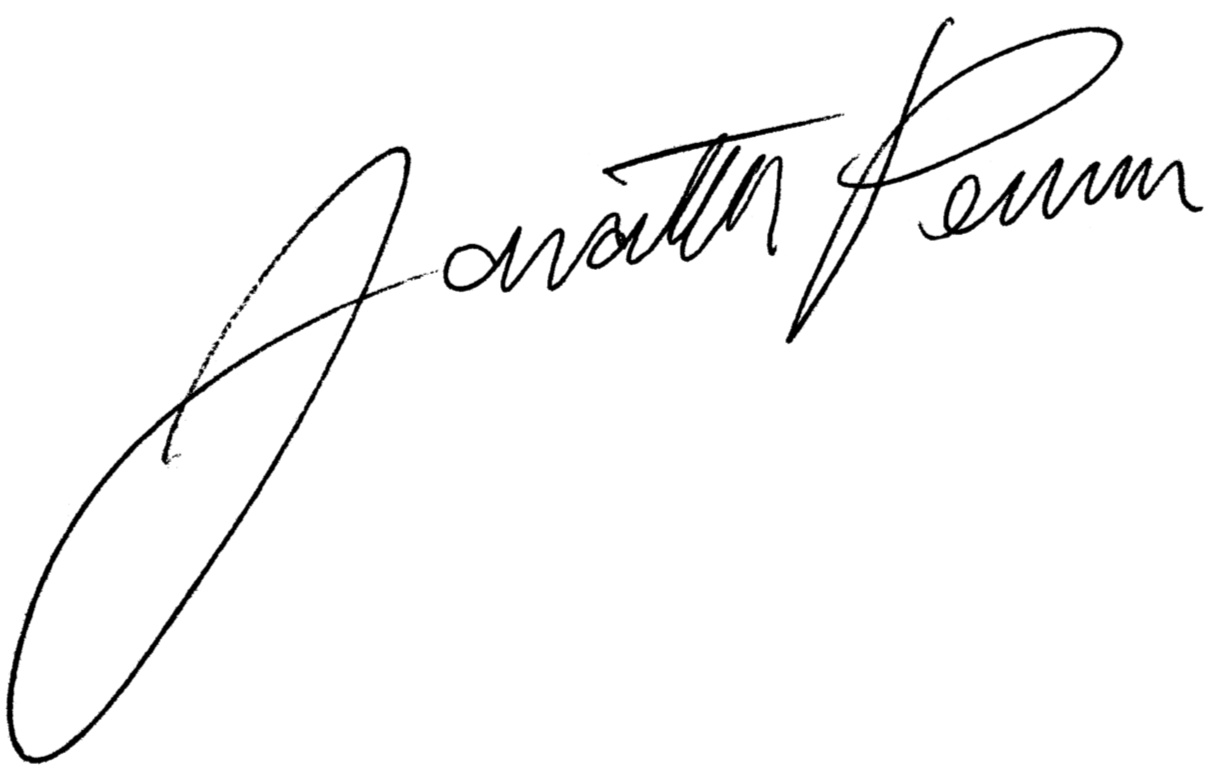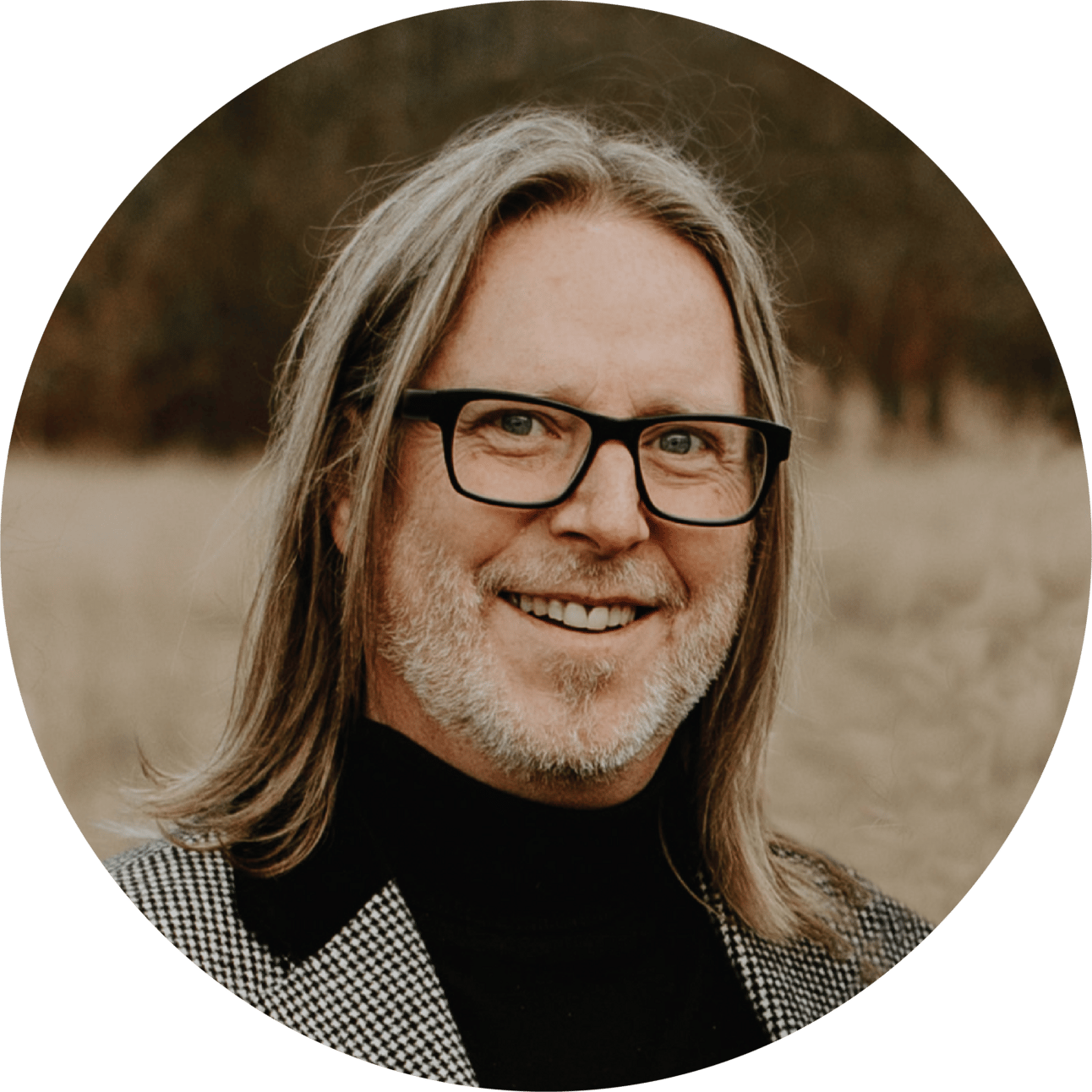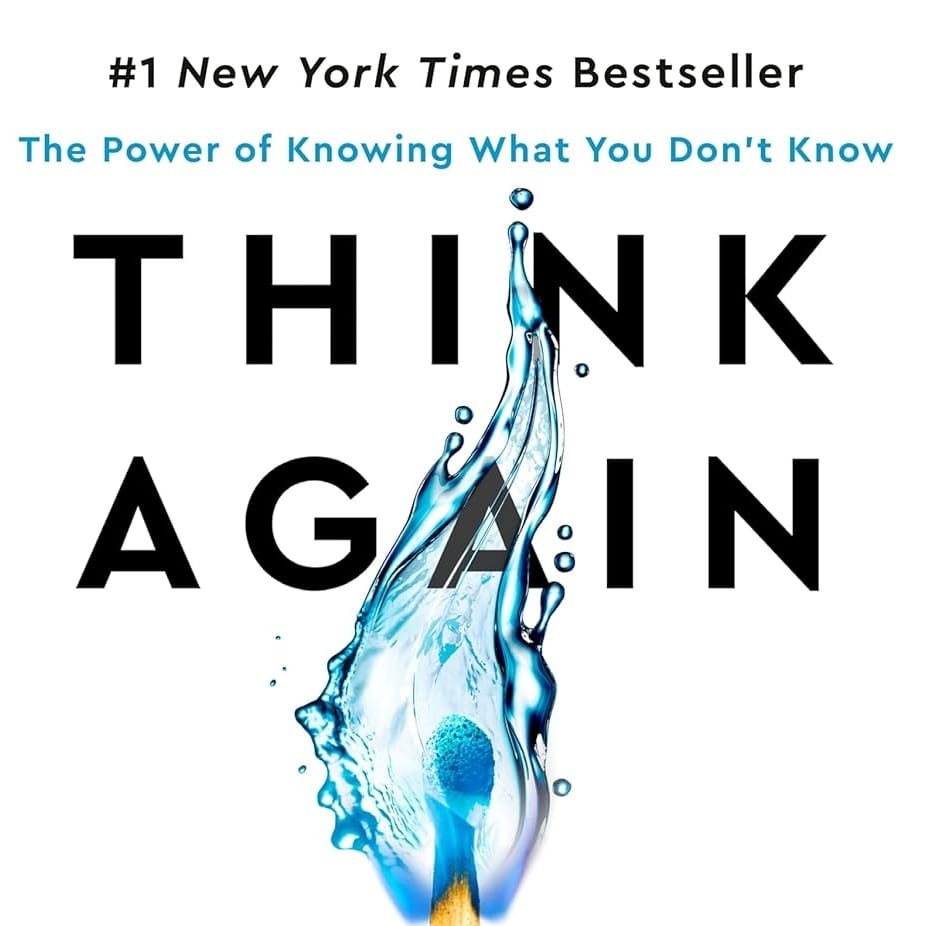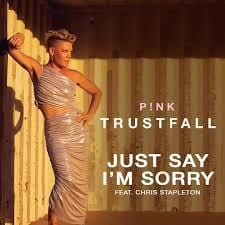The Blueberry Incident
A few weeks ago, I went out for breakfast with some family and friends. Sitting around the table, someone I deeply respect shared a story about an organic blueberry farmer she’d spoken to. Apparently, she claimed that many non-organic blueberries are sprayed with a chemical that makes them look bluer—regardless of whether they’re fully ripe.
Now, being something of a professional doubter, I quietly reached for my phone under the table. Within minutes, I was deep in Google’s labyrinth, scanning headlines, articles, and fact sheets, determined to verify the story for myself.
After three minutes of “research,” I felt a sense of empirical satisfaction—and announced, with all the confidence of a man armed with half the story, “Honestly, that sounds like a conspiracy theory from an organic farmer trying to justify higher prices.”
There it was: my prosecutor voice—loud, certain, and sure. What I didn’t realize in that moment was that I had just made two relational missteps. First, I challenged someone publicly without pausing to consider how that might feel. Second, and perhaps even more importantly, I stopped being curious. I became a prosecutor, identifying the gullibility of my naïve friend.
Later that day, I received a gracious text from this person with more information about what they’d said. Out of respect, I dug deeper—and, wouldn’t you know it, they were right. There is evidence that certain blueberry coatings are used to accelerate the colouring of the berries.
Thankfully, our relationship was strong enough to handle my spontaneous cross-examination. I admitted I’d been wrong, and we repaired the connection. But it left me reflecting:
How often do I slip into one of these modes—and, in the process, not only compromise the relationships around me, but also wound something in myself? Because every time I default to certainty instead of curiosity, I disconnect from the part of me that’s still learning.
If I’m honest, that breakfast-table moment wasn’t really about blueberries. It was about identity. I wanted to feel competent, intelligent—maybe even a little “one-up.” I could feel something uncomfortable rise in me when I didn’t know the answer—a flicker of self-doubt that I quickly covered with certainty. It’s a move I know well. Rather than sitting in not knowing, I filled the space with information.
That moment reminded me of something organizational psychologist Adam Grant describes in his book Think Again: The Power of Knowing What You Don’t Know — the three mindsets we tend to slip into when our beliefs or identities feel threatened.
The Three Modes of Certainty
Preacher: “I’m right.”
We deliver sermons to protect and promote our ideals.Prosecutor: “You’re wrong.”
We marshal arguments to prove others mistaken.Politician: “We’re right—they’re wrong.”
We campaign for approval, protecting our standing with our chosen tribe.
Each of these modes keeps us anchored to the comfort of conviction rather than the discomfort of doubt.
Grant writes: “We favor the comfort of conviction over the discomfort of doubt, and we let our beliefs get brittle long before our bones. We laugh at people who still use Windows 95, yet we still cling to opinions that we formed in 1995. We listen to views that make us feel good, instead of ideas that make us think hard.”
But there’s a fourth way to move through the world—what Grant calls the scientist mode.
The Scientist: “I Might Be Wrong”
Scientists don’t cling to being right; they stay curious about what might be true. They test, observe, revise, and learn.
This doesn’t mean abandoning conviction—it means holding it with humility. It’s the courage to let truth matter more than ego, and growth matter more than winning.
That posture asks us to hold space for two truths at once:
I can be smart and wrong.
I can stand firm and stay kind.
I can love someone deeply and still disagree with them.
Three Practices for Rethinking (and Loving) Well
Catch your “certainty reflex.”
Notice the moment you start defending or dismissing. Pause and breathe. Name the role you’re in—preacher, prosecutor, or politician. Awareness breaks the spell of righteousness.Ask instead of assert.
Try saying: “That’s interesting—can you tell me more?” or “I might be missing something here.” These are the words of humility. They build bridges where walls once stood.Practice paradox.
A paradox is something that seems to contradict itself but holds a deeper truth—like “less is more,” “strength is gentle,” “to lead is to serve.” When we dare to ask, “What if both are true?” we step into the sacred space between certainty and curiosity.
Why This Matters for Living Love Well
Love is not a doctrine—it’s a living posture. You have to be alive to love, and being alive means growing.
Love grows in the soil of humility and curiosity, not certainty and pride. When we move through the world like scientists—open, questioning, willing to rethink—we make space for love to flow through us more freely.
So the next time you’re tempted to preach, prosecute, or politick—pause. Try curiosity instead. Because sometimes, the truest form of strength isn’t standing our ground. It’s standing on firm ground—the kind built on humility, paradox, and love.
Where this week might you pause your inner preacher, prosecutor, or politician—and experiment with curiosity instead? How might that posture make your relationships more alive?
Until next week,
Jonathan Penner | Co-Founder & Executive Director of LifeApp


Resources To Dig Deeper

Book
Think Again: The Power of Knowing What You Don't Know
Organizational psychologist Adam Grant invites readers to trade certainty for curiosity. Blending research and storytelling, he reveals how our minds often default to preaching, prosecuting, or politicking—defending our beliefs instead of questioning them. Grant makes the case that real wisdom lies in thinking like a scientist: doubting what we know, staying open to new evidence, and finding the courage to change our minds. In a world that rewards confidence, Think Again reminds us that humility and curiosity are the true paths to growth.
-Adam Grant

Music
Just Say I’m Sorry
This song is more than a breakup ballad—it’s a reflection on what it means to stay present with emotional discomfort rather than escape it. Through vivid storytelling and unresolved tension, the song invites listeners to sit with what’s hard, not to wallow, but to process and integrate—demonstrating how clarity, growth, and even strength can emerge when we resist the urge to escape what feels hard. It’s a reminder that transformation often begins not in fixing, but in staying.
-P!nk & Chris Stapleton (3:34)
Learn More About
“Although I am content in my life and have done a lot of self introspection work for 40 years, I realized at the 3 Day that you are never too old to learn new ways in which you sabotage yourself by not being authentic. The 3 Day was a powerful, safe environment in which to have new perceptions about my past experiences and to have new tools to bring me even more contentment going forward.”

